Are you looking for Best Crypto Payment Gateways for Secure Transactions? If Yes, You are at the right place.
As cryptocurrency becomes more mainstream, businesses around the world are increasingly adopting it as a payment method. Accepting digital currencies like Bitcoin, Ethereum, and stablecoins such as USDT opens new opportunities for merchants. It allows them to tap into a global, tech-savvy customer base while reducing transaction fees and settlement delays.
However, handling crypto transactions requires reliable and secure infrastructure. That’s where crypto payment gateways come in. These platforms ensure secure, real-time processing of digital assets while also offering tools for conversion, reporting, and integration. Many Companies that Use Blockchain Payments to Send Your Money rely on such gateways to operate efficiently and securely. This article explores the top 10 best crypto payment gateways for secure transactions.
What are Crypto Payment Gateways?
A crypto payment gateway is a platform that facilitates the acceptance of cryptocurrencies for goods and services. Just like traditional gateways handle card or bank transactions, crypto gateways serve as intermediaries that connect your business to the blockchain.
These services help process payments made in digital currencies and often convert them to fiat if needed. They provide an easy, secure, and user-friendly interface for businesses to manage their crypto income, send invoices, generate QR codes, and even withdraw earnings to bank accounts in some cases. This becomes especially valuable in global trade, where understanding What are the Role of Payment Gateways in Cross-Border E-Commerce is essential for businesses aiming to expand internationally while managing currency risks and compliance seamlessly.
How Do Crypto Payment Gateways Work?
Crypto payment gateways work by integrating with merchants’ websites or applications to process digital currency transactions. Here’s how they function:
- Customer Initiates Payment: The buyer selects cryptocurrency as the payment method during checkout.
- Transaction Verification: The gateway verifies the transaction details and checks for sufficient balance in the customer’s crypto wallet.
- Blockchain Processing: The payment request is processed on the blockchain network to validate and confirm the transaction.
- Conversion & Settlement: Depending on the merchant’s preference, the payment gateway may convert crypto into fiat currency and deposit the amount into the merchant’s bank account.
- Completion & Confirmation: Once processed, both the buyer and seller receive confirmation that the payment was successful.
Why Use a Crypto Payment Gateway?
Using a crypto payment gateway provides several advantages over traditional payment methods. First, it allows for global reach, since cryptocurrencies are not bound by geographical or banking restrictions. Second, transaction fees are generally lower than those charged by credit card processors or banks.
Third, there are no chargebacks, since crypto payments are final and irreversible. Additionally, transactions are usually processed in minutes rather than days. These gateways also include high-level security, such as SSL encryption and fraud protection, to safeguard your business and customers.
Top 10 Best Crypto Payment Gateways for Secure Transactions

Here are the Top 10 Best Crypto Payment Gateways for Secure Transactions.
1. BitPay
BitPay is one of the most established and widely recognized crypto payment gateways in the world. Founded in 2011, it was one of the first companies to offer merchants the ability to accept Bitcoin. Over the years, BitPay has evolved into a robust platform that supports both cryptocurrency payments and fiat settlements, making it ideal for businesses that want to enter the crypto economy without taking on the volatility risk.
It provides a complete toolkit for merchants, including hosted checkout, payment buttons, invoicing, and eCommerce plugins for popular platforms like Shopify and WooCommerce. BitPay also offers enterprise-grade security features, fraud prevention, and compliance support, which makes it a strong contender for businesses of all sizes looking for a secure and professional solution.
Key Features:
- Supports popular coins like Bitcoin, Ethereum, and several stablecoins.
- Allows instant conversion to fiat currencies like USD and EUR.
- Easy integration with platforms like Shopify, WooCommerce, and Magento.
Pros:
- Well-established and trusted in the industry.
- Strong security features with multi-user access controls.
- No chargebacks, ensuring irreversible transactions.
Cons:
- Supports a limited number of cryptocurrencies.
- 1% transaction fee on each processed payment.
Best For: Small to medium-sized businesses that want a seamless and regulated crypto-to-fiat solution.
2. CoinGate
CoinGate is a popular crypto payment gateway known for its wide cryptocurrency support and user-friendly design. Launched in 2014, it has become a trusted choice for thousands of merchants across Europe and beyond. CoinGate makes it easy for businesses to accept payments in more than 70 cryptocurrencies, including Bitcoin, Ethereum, Litecoin, and Dogecoin.
It offers flexible integration options like APIs, plugins for major eCommerce platforms (such as WooCommerce and PrestaShop), and even point-of-sale (POS) apps for physical stores. With real-time conversion and automatic settlements in fiat currencies like EUR or USD, CoinGate helps merchants eliminate volatility risk while enjoying the benefits of crypto payments. Its intuitive interface, solid documentation, and proactive customer support make it a great solution for businesses of all sizes.
Key Features:
- Accepts a wide range of digital currencies including Bitcoin, Litecoin, and Dogecoin.
- Offers API and plugin integrations for eCommerce platforms.
- Provides real-time payment conversion and invoicing.
Pros:
- Extremely diverse crypto support.
- Intuitive dashboard for managing payments and transactions.
- Option for fiat payouts in EUR and USD.
Cons:
- Limited fiat settlement currencies.
- Interface may be slightly dated compared to newer players.
Best For:
Businesses in Europe and online stores that want a broad range of crypto options.
3. NOWPayments
NOWPayments is a flexible, non-custodial crypto payment gateway designed for privacy-conscious users and businesses that want complete control over their funds. It supports over 200 cryptocurrencies, making it one of the most diverse solutions available in the market. As a non-custodial service, NOWPayments does not hold any user funds, allowing merchants to receive payments directly into their own wallets.
This adds a strong layer of privacy and security. The platform offers a wide variety of tools, including donation widgets, subscription-based billing, and custom APIs, making it particularly attractive for developers, NGOs, and crypto-native businesses. It also supports automatic coin conversion, ensuring smooth payment flows between customers and merchants.
Key Features:
- Supports a huge number of cryptocurrencies.
- Provides tools like donation widgets and recurring billing.
- Offers auto-conversion and instant payouts.
Pros:
- Great for businesses that prioritize user privacy.
- Easy to integrate with plugins and custom APIs.
- No KYC required for low-volume accounts.
Cons:
- No fiat conversion available.
- Users must manage their own wallets for payouts.
Best For: Privacy-focused merchants, crypto-native startups, and donation platforms.
4. Coinbase Commerce
Coinbase Commerce is a merchant-focused service offered by Coinbase, one of the world’s most well-known and regulated cryptocurrency exchanges. This gateway is designed to make accepting crypto simple and secure, especially for businesses that are already familiar with Coinbase.
It allows merchants to accept major cryptocurrencies like Bitcoin, Ethereum, and stablecoins, while keeping full control over their private keys. Transactions are processed on-chain, and funds can easily be transferred to a Coinbase exchange account for conversion or trading. Its user-friendly interface, detailed documentation, and easy onboarding process make it ideal for small businesses or crypto beginners.
Key Features:
- Allows users to accept BTC, ETH, and stablecoins.
- Funds can be transferred easily to a Coinbase exchange account.
- Merchants maintain full control of their private keys.
Pros:
- Clean, user-friendly interface.
- Highly trusted brand in the crypto space.
- Fast onboarding and setup.
Cons:
- No fiat conversion features built-in.
- Fewer coins supported compared to competitors.
Best For: Beginner-friendly businesses and those already using Coinbase services.
5. TripleA
TripleA is a licensed and regulated crypto payment gateway based in Singapore, offering both on-chain and off-chain solutions. It is particularly focused on compliance, security, and global accessibility, making it ideal for businesses that need to meet strict financial regulations.
TripleA allows merchants to accept cryptocurrencies like Bitcoin, Ethereum, and USDT with instant settlement in local fiat currencies such as USD and EUR. It is fully compliant with AML and KYC regulations and certified under PCI-DSS standards, making it suitable for large enterprises and regulated industries. Its integration options for WooCommerce, Shopify, and custom APIs offer flexibility for merchants of all kinds.
Key Features:
- Accepts major cryptocurrencies like BTC, ETH, and USDT.
- Instant settlement in local fiat currencies.
- Certified under PCI-DSS and complies with AML laws.
Pros:
- Licensed and secure, ideal for regulated industries.
- No chargebacks and low fees.
- Supports WooCommerce, Shopify, and other platforms.
Cons:
- Limited cryptocurrency support.
- More suitable for formal businesses than decentralized apps.
Best For: Enterprises that need licensed, compliant payment systems.
6. BTCPay Server
BTCPay Server is a completely open-source, self-hosted crypto payment processor that empowers merchants with full control over their transactions. Unlike traditional gateways, BTCPay Server is free to use and doesn’t charge any processing fees. It supports Bitcoin and the Lightning Network, offering privacy and security unmatched by centralized providers.
Designed by and for the crypto community, it’s ideal for developers, privacy advocates, and merchants who want to cut out intermediaries. While it requires some technical knowledge to set up and operate, its customization capabilities and powerful integrations with POS and eCommerce platforms make it a favorite among tech-savvy users.
Key Features:
- Completely free and decentralized.
- Supports Bitcoin and the Lightning Network.
- Advanced customization for tech-savvy users.
Pros:
- Zero processing fees.
- Excellent privacy and security.
- Works well with POS systems and eCommerce stores.
Cons:
- Requires technical knowledge to set up and maintain.
- No fiat conversion or support.
Best For: Developers, privacy advocates, and decentralized projects.
7. GoCoin
GoCoin is a reliable crypto payment gateway that focuses on global merchants and service providers. It offers support for several popular cryptocurrencies including Bitcoin, Litecoin, Ethereum, and Bitcoin Cash. GoCoin has positioned itself as a business-centric platform, offering advanced tools like invoicing, analytics, and fiat conversion in multiple currencies.
Its infrastructure is built to handle large volumes and international transactions, making it ideal for SaaS providers, digital service sellers, and subscription-based businesses. Though its interface is slightly dated, GoCoin’s core features and scalability still make it a strong contender.
Key Features:
- Accepts BTC, LTC, ETH, and BCH.
- Provides invoicing, reporting, and tax tools.
- Offers fiat settlement in various currencies.
Pros:
- Great for high-volume international payments.
- Real-time price conversion.
- Business-focused features.
Cons:
- Interface is slightly outdated.
- Less mainstream than other options.
Best For: Global SaaS businesses and content platforms.
8. Paychant
Paychant is a rising crypto payment gateway focused on helping merchants in Africa accept and manage cryptocurrency payments. It bridges the gap between digital currencies and local economies by offering tools to convert crypto into local fiat currencies.
The platform supports coins like Bitcoin, Ethereum, BNB, and USDT, and offers simple integration methods including eCommerce plugins and mobile interfaces. While it’s not widely adopted outside of Africa, Paychant is rapidly gaining popularity in emerging markets, especially among small businesses and startups looking for affordable and accessible payment options.
Key Features:
- Accepts BTC, ETH, BNB, and USDT.
- Offers instant conversion to African currencies.
- Simple eCommerce and mobile integrations.
Pros:
- Specifically built for African markets.
- Supports local currencies.
- Easy to integrate.
Cons:
- Not widely available outside Africa.
- Limited branding and marketing tools.
Best For: Startups and small businesses in emerging markets.
9. SpicePay
SpicePay is a lightweight and fast crypto payment gateway that offers both crypto and fiat payout options. It supports major coins like Bitcoin, Litecoin, Ethereum, and Bitcoin Cash and allows easy withdrawals to PayPal and SEPA bank accounts.
SpicePay is ideal for freelancers, service providers, and digital product sellers who want to get paid in crypto but convert quickly to fiat. It also offers invoicing tools and recurring billing, making it a simple and effective solution for small businesses and individuals.
Key Features:
- Accepts BTC, LTC, ETH, and BCH.
- Allows withdrawal to PayPal and SEPA bank accounts.
- Easy email billing and cart integrations.
Pros:
- Simple for freelancers and service providers.
- Fast fiat withdrawals.
- Good for recurring billing setups.
Cons:
- Limited crypto support.
- Less popular than larger gateways.
Best For: Freelancers and digital product sellers in Europe.
10. CoinsPaid
CoinsPaid is an enterprise-level crypto payment gateway offering a full ecosystem of products including payment processing, wallets, and even an OTC trading desk. Trusted by major global brands, especially in the iGaming and hospitality industries, CoinsPaid supports over 30 cryptocurrencies and offers advanced tools for compliance, reporting, and security.
It is fully licensed and regulated in the EU, making it one of the most secure and scalable solutions on the market. Though its onboarding process is more formal, the platform is perfect for high-volume businesses that need reliability and flexibility at scale.
Key Features:
- Accepts over 30 digital assets.
- Offers OTC desk, wallet, and exchange services.
- Includes advanced compliance tools.
Pros:
- Highly scalable for enterprise use.
- Trusted by top brands and casinos.
- Built-in reporting and analytics.
Cons:
- More suited for large businesses.
- Requires a formal application process.
Best For: High-volume merchants and international enterprises.
How to Choose the Best Crypto Payment Gateway for Secure Transactions?
When selecting a crypto payment gateway, consider the following:
- Security: Look for strong encryption and fraud protection.
- Crypto Support: Ensure the gateway supports multiple cryptocurrencies.
- Transaction Fees: Compare fees to find cost-effective options.
- Ease of Integration: Check if it offers APIs or plugins for easy setup.
- Conversion to Fiat: If needed, choose a gateway that allows conversion.
Advantages & Disadvantages of Crypto Payment Gateways
Advantages
- Lower transaction fees than traditional gateways
- Faster payments with no intermediaries
- Enhanced security with blockchain technology
- Borderless transactions
Disadvantages
- Price volatility of cryptocurrencies
- Limited adoption in some regions
- Potential regulatory challenges
Tips to Use Crypto Payment Gateways for Secure Transactions
- Choose a Reputable Gateway: Opt for a service with strong security protocols.
- Use Two-Factor Authentication (2FA): Enhance account security.
- Enable Auto-Conversion: Reduce risks of cryptocurrency volatility.
- Keep Backup of Wallet Keys: Ensure secure access to funds.
- Stay Updated on Regulations: Comply with local laws and policies.
FAQs
Are Crypto Payment Gateways Legal?
Yes, but regulations vary by country. Always verify legal compliance in your region.
Do Crypto Payment Gateways Charge Fees?
Yes, most gateways charge a transaction fee ranging from 0.5% to 1.5%.
Can I Convert Crypto Payments into Fiat?
Yes, many gateways offer automatic conversion to fiat currencies.
Which is the Safest Crypto Payment Gateway?
BTCPay Server is among the safest as it is open-source and decentralized.
Can I Use Multiple Crypto Payment Gateways?
Yes, businesses can integrate multiple gateways for flexibility and security.
Conclusion
Crypto payment gateways are reshaping how businesses handle digital transactions. With fast, secure, and low-cost solutions, they empower merchants to meet the evolving demands of global customers. Whether you need a fully decentralized setup or a plug-and-play solution with fiat conversion, there’s a crypto gateway tailored to your needs. Choose the one that aligns best with your goals and technical setup—and start accepting the future of payments today.
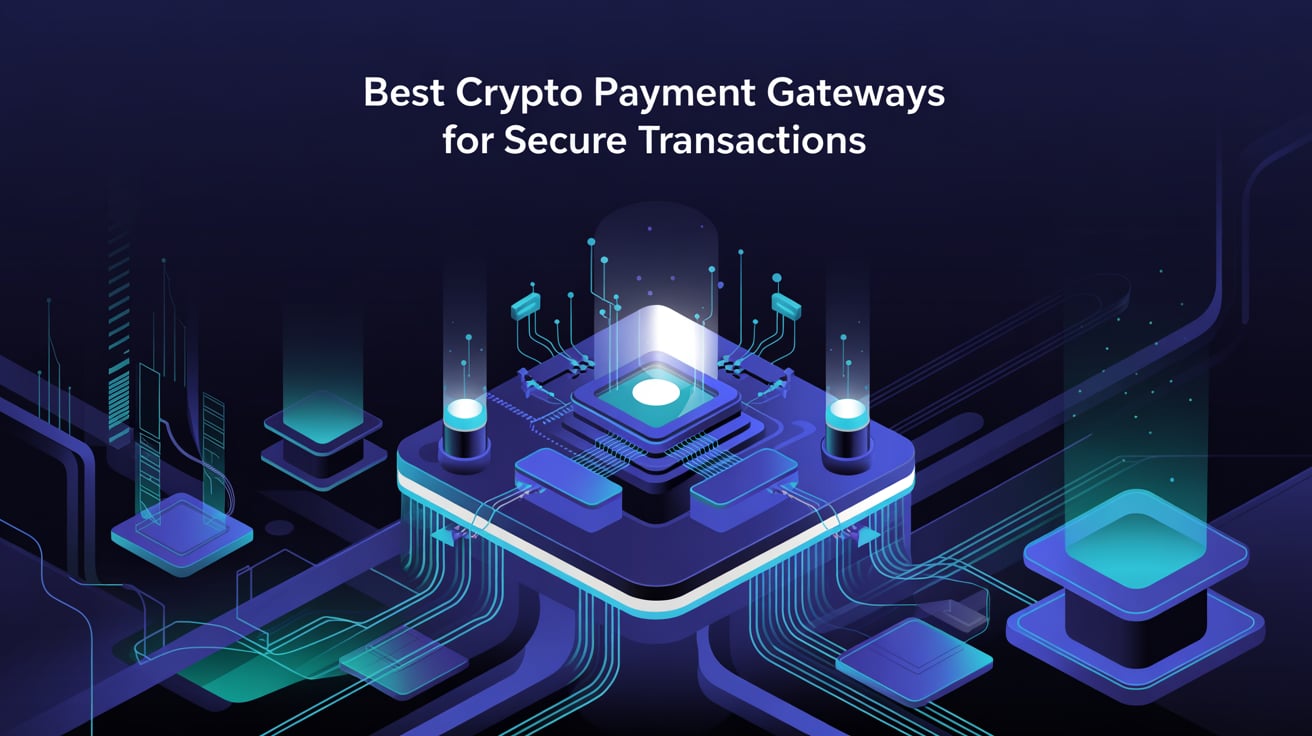
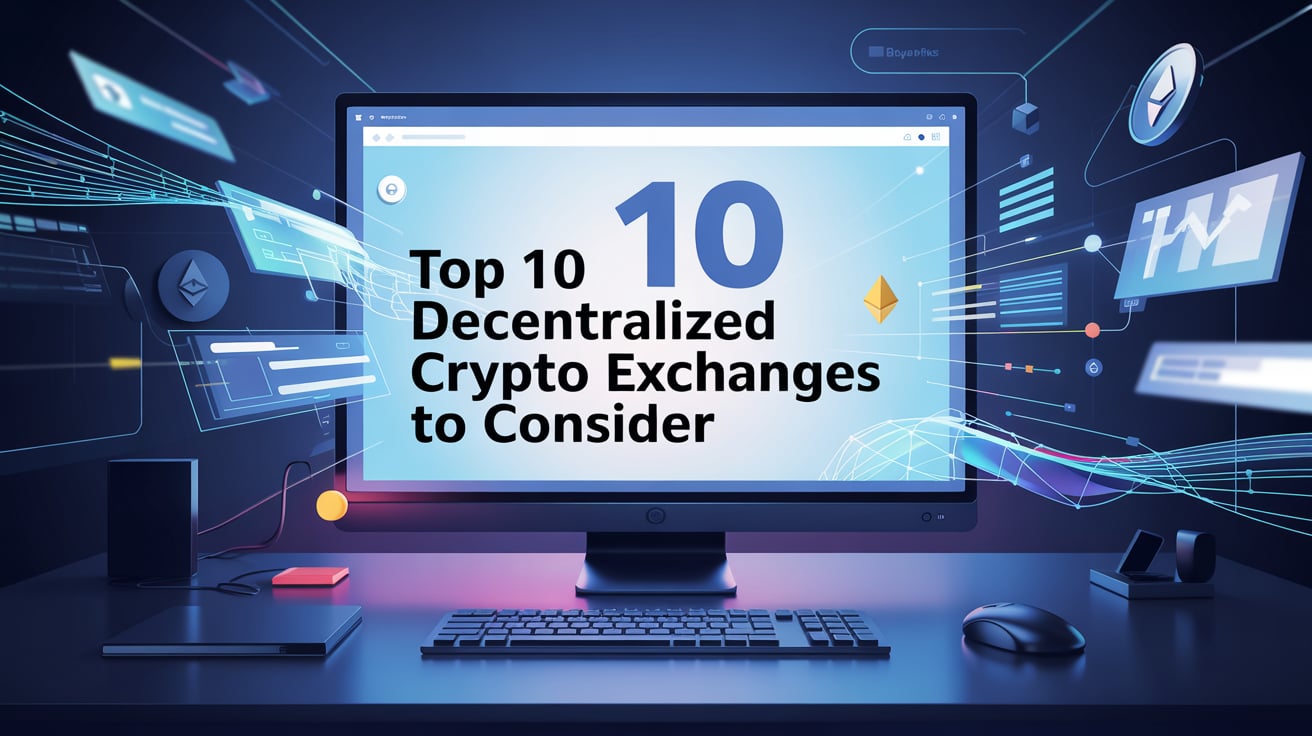
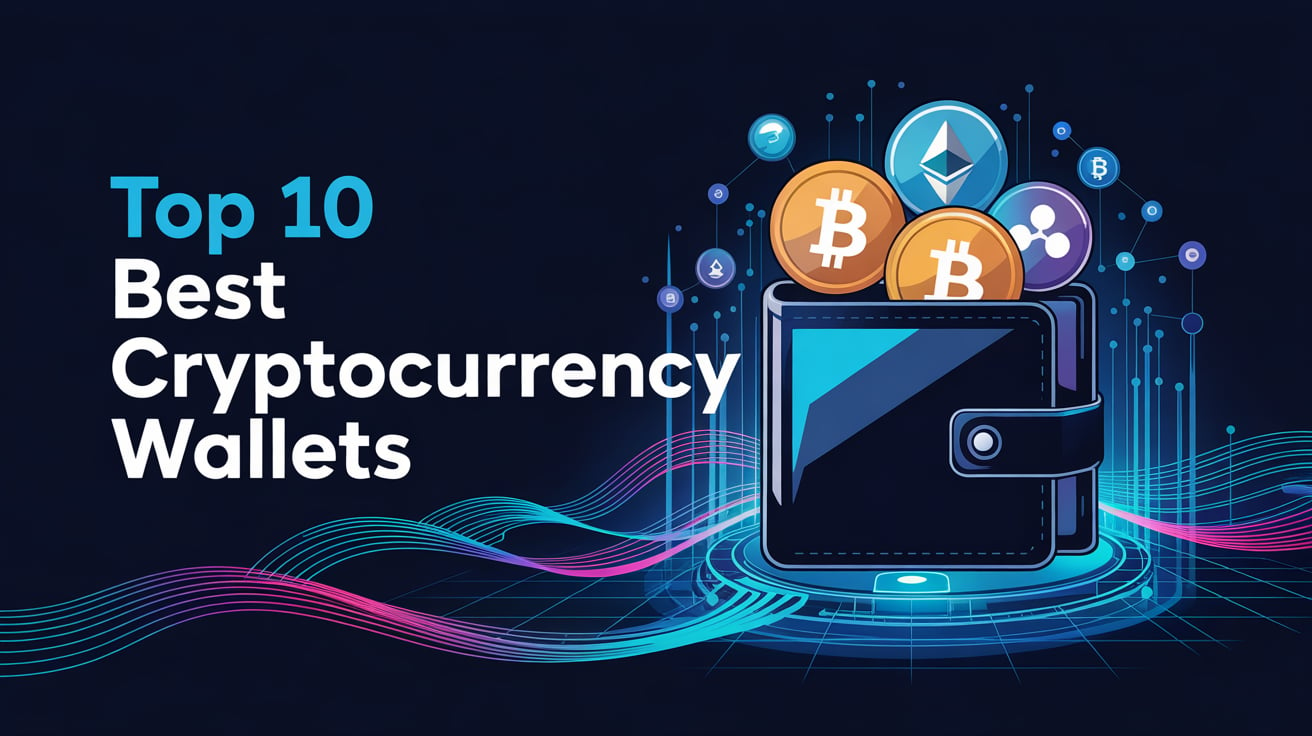

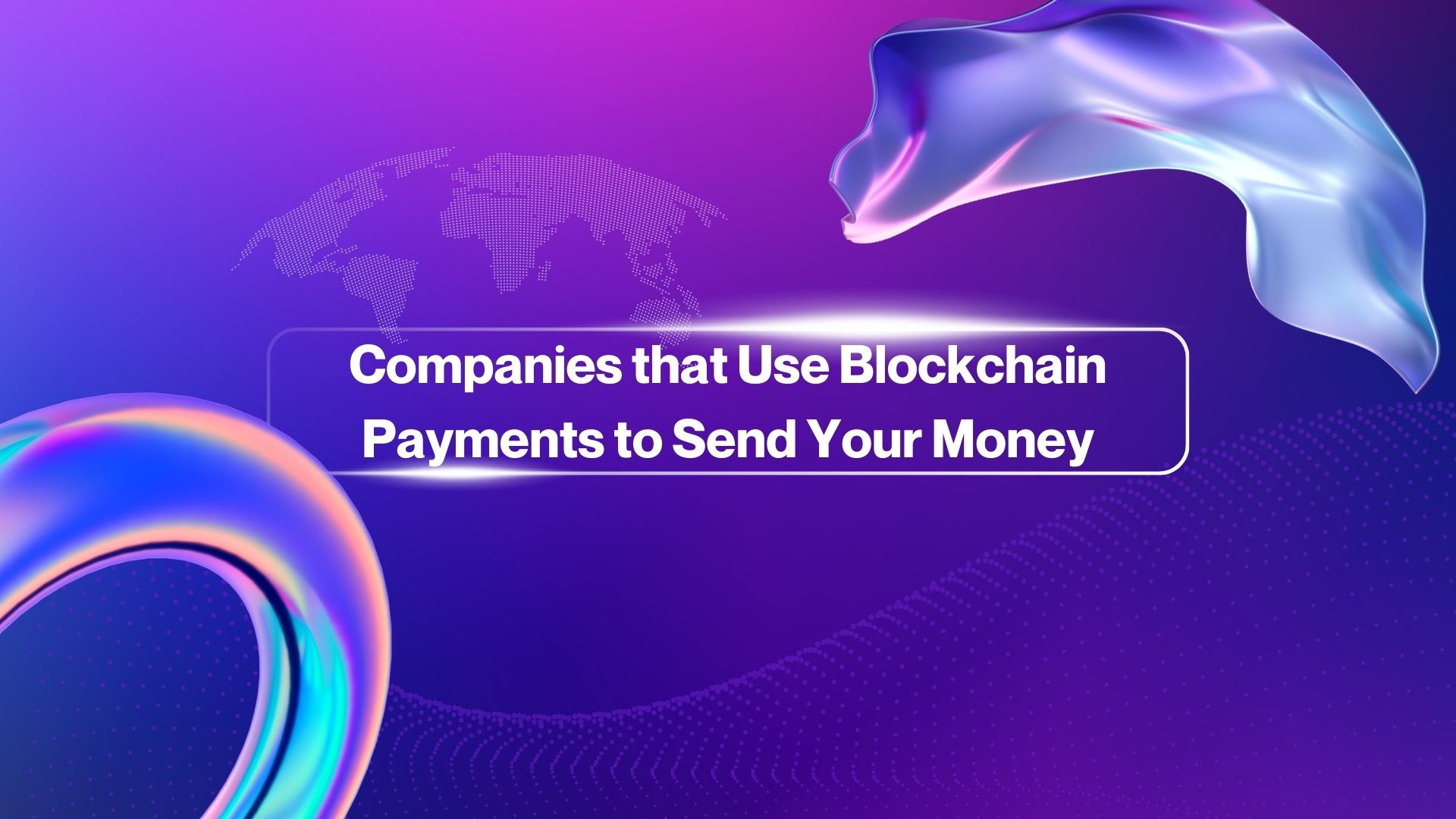


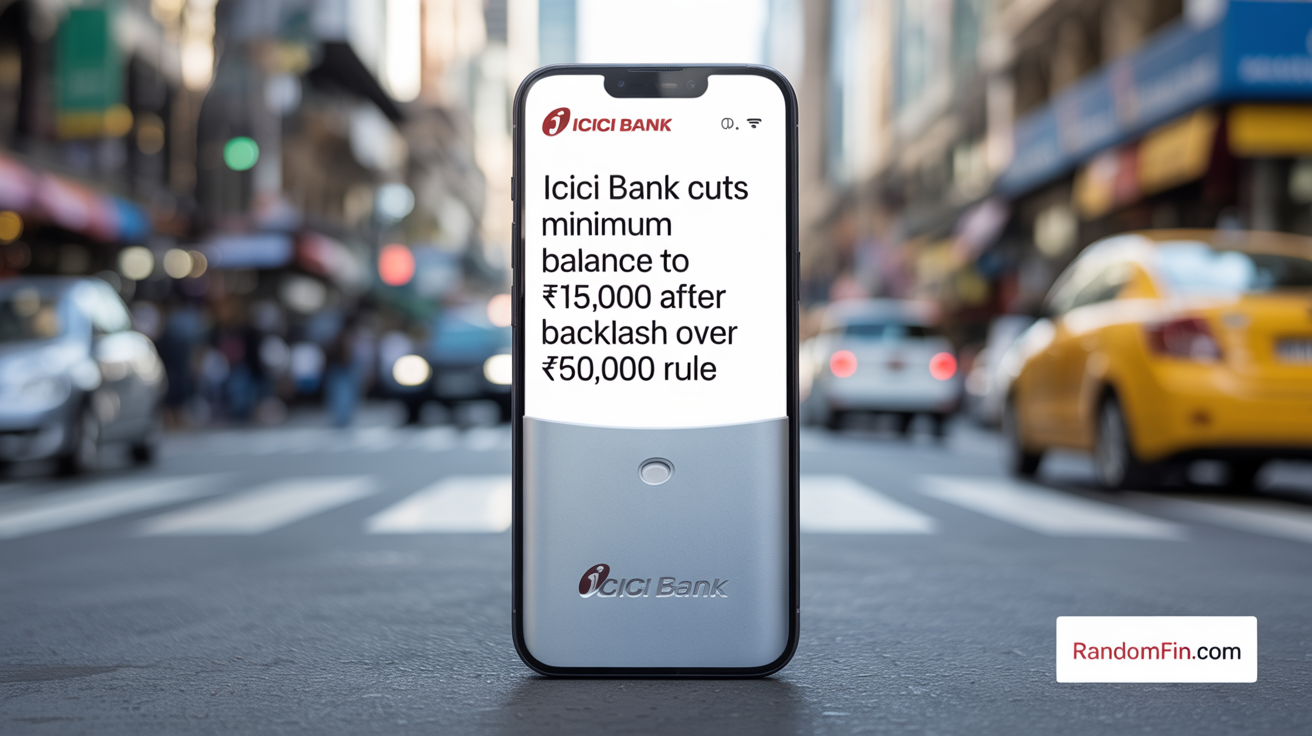

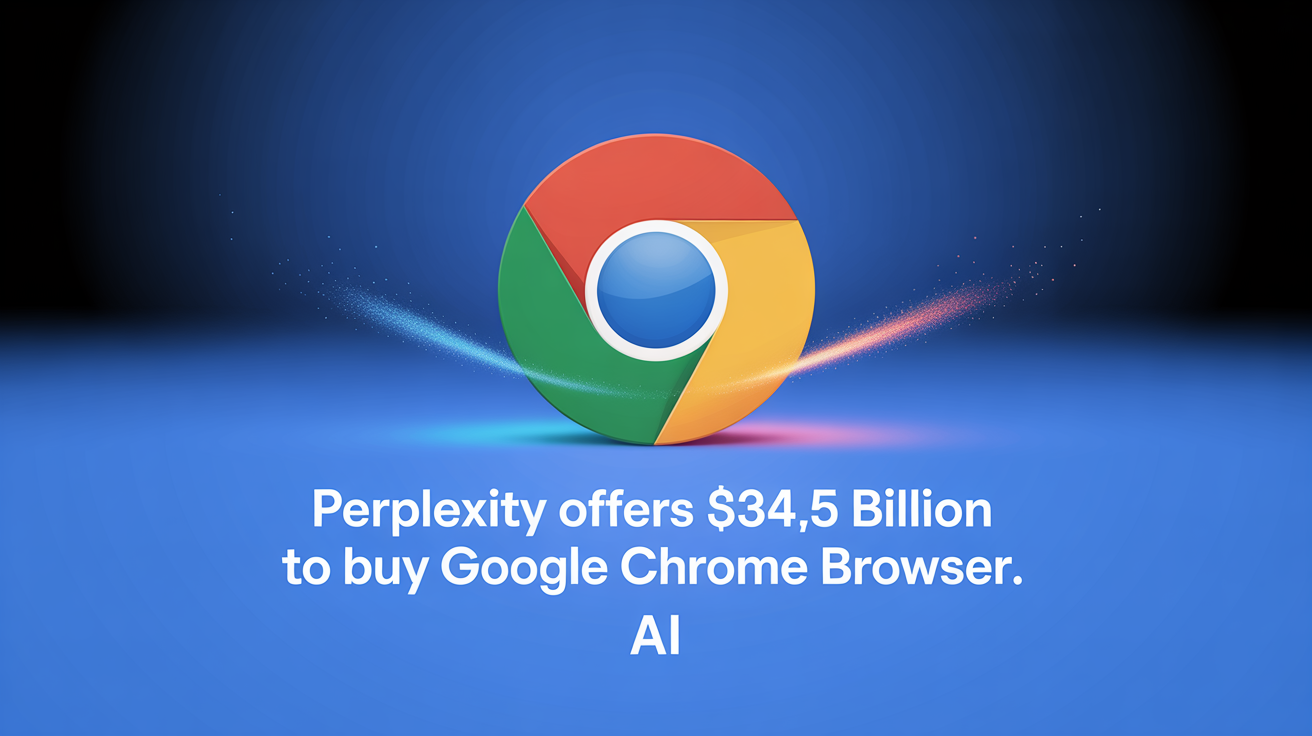
Leave a Reply